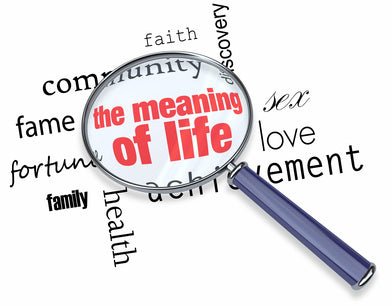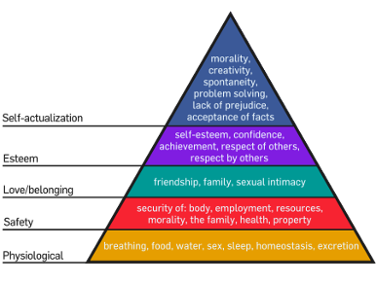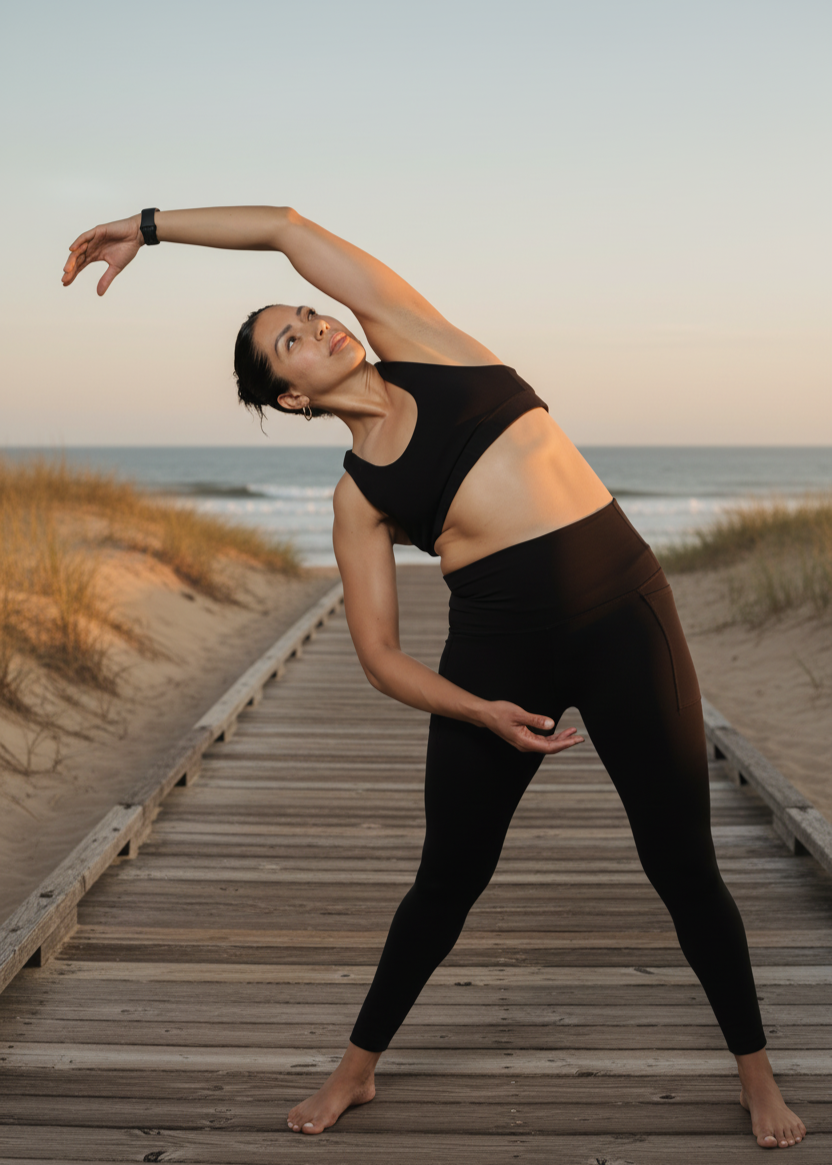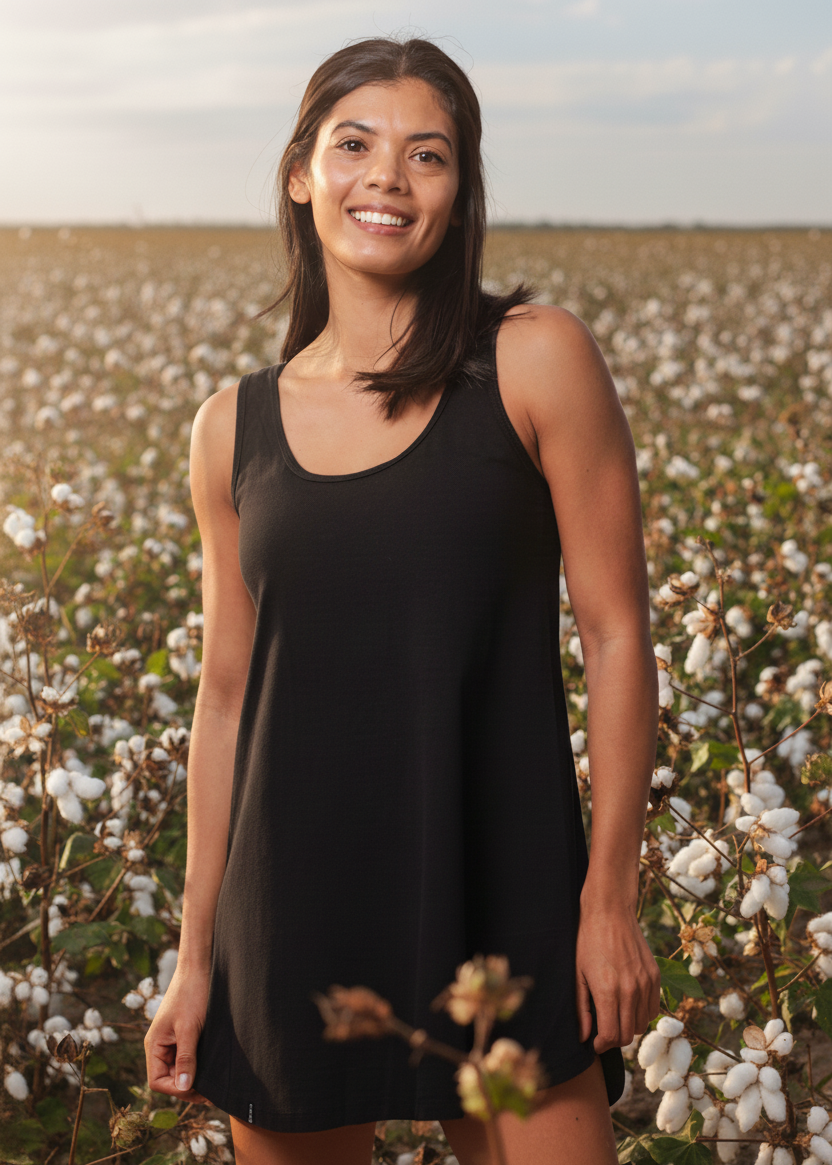
My Entrepreneurial Search for Meaning
The goal of this blog is to present the decision making processes and actions necessary to build a business from an idea of a single entrerpreneur to hopefully someday a large company. When creating a business I find sometimes it's best to take time to reflect before taking the next step, and this is where I am today.
When you start a new business many times the Universe, Act of God, or other outside force sends a powerful signal to test the spirit, fortitude, and perseverance of an entrepreneur. I'm all too familiar with these challenges since for me the journey to being an entrepreneur started at a young age. In grade school I would buy a bag of Jolly Ranchers, several packs of Bubble Yum, or a box of Pop Rocks at the drug store and then sell the pieces individually on the bus.
As time has gone on I've had many businesses, most were a bust, but several, including the technology consulting business I've been running for the past eleven years, have done very well. As I've been reading the books by Yvon Chouinard and contemplating the strategy for PuraKai, it's become very clear that I'm not normal, but neither was Yvon. This lack of normalcy has been with me my whole life, but this new realization, new reflection, has led me down a path of self exploration, in search of the meaning of my entrepreneurial life.
Why do I see not taking a risk as suffocation? Why do I have a desire, and unsatisfiable desire, to move toward manifesting a new business and potentially risking my financial security when for so many people the thought of security and risking everything would suffocate them? Why does an entrepreneur like myself consider normalcy to be sheer lunacy? Or is it lunacy not to move toward normalcy at this point in my life? But even more important...
What's the goal of my life? Is being an entrepreneur really what I should be doing? In the book Power, Sex, Suicide: Mitochondria and the Meaning of Life author Nick Cave describes several theories on the cellular level, essentially the cells in our body are designed to get us to the point of procreation so genes can move on through time.
But could it be that simple? Are we just preprogrammed creatures based off of cellular desires. Isn't there more to life than that?
Victor Frankl thought so, in his book Man's Search for Meaning, or what I think is a more descriptive title, Saying Yes to Life in Spite of Everything: A Psychologist Experiences the Concentration Camps, which is the direct translation, Frankl believed The Salvation of Man is through Love and in Love. Nick Cave would probably believe there was a selection bias for love in our evolution which leads to love helping our procreation, and hence passing along our genes, but nonetheless Frankl was an existentialist and his belief was focused on the human "Will to Meaning" as opposed to Nietzschehan's "Will to Power", and Freud's "Will to Pleasure."
In the existentialist camp there are four ultimate concerns that emphasizes a different kind of basic conflict, and I see this decision making process useful for my idea of starting PuraKai, they describe a conflict that flows from the individuals confrontation with the givens of existence.
In the book Existential Psychodynamics it says:
How does one uncover the nature of these givens? In one sense the task is not difficult. The method is deep personal reflection. The conditions are simple: solitude, silence, time, and freedom from the everyday distractions with which each of us fills his or her experiential world. If we can brush away or bracket the everyday world, if we reflect deeply upon our situation in the world, upon our existence, our boundaries, our possibilities, if we arrive at the ground that underlies all other ground, we invariably confront the the givens of existence, the "deep structures", which I shall henceforth refer to as "Ultimate Concerns". This process of reflection is often catalyzed by certain urgent experiences. These "Boundary" or "Border" situations, as they are often referred to, include such experiences as a confrontation with one's own death, some major irreversible decision, or the collapse of some mental meaning providing schema.
The book goes on to describe the four ultimate concerns but what I found interesting in questioning my desire to create PuraKai was the concern of Meaninglessness:
The given of existence is meaninglessness. If we must die, if we constitue our own world, if each is ultimately alone in an indifferent universe, than what meaning does life have? Why do we live? How shall we live? If there is no preordained design for us, then each of us must construct our own meanings in life. Yet can a meaning of one's own creation be sturdy enough to bear one's life? The existential dynamic conflict stems from the dilemma of a meaning seeking creature who is thrown into a universe that has no meaning.
Some deep thoughts to ponder, but a universe that has no meaning? Maybe the Buddha can help me make sense of the universe as it relates to starting PuraKai. The Buddha teachings tell us that Buddhism has two main goals, getting to know ourselves, and learning the Buddha's teachings. It is believed we have two natures, our Ordinary Nature, which is made up of unpleasant feelings such as anger, fear, and jealousy, and our True Nature, the part of us that is pure, wise, and perfect, what's called the Buddha Nature. The only difference between us and the Buddha is that we have not awakened to our True Nature.
During his enlightenment the Buddha discovered three great truths. Nothing is lost in the Universe, Everything Changes, and the Law of Cause and Effect or Karma. And it's this Karma that intrigues me the most as an entrepreneur:
Nothing ever happens to us unless we deserve it. We receive exactly what we earn, whether it is good or bad. We are the way we are now due to the things we have done in the past. Our thoughts and actions determine the kind of life we can have. If we do good things, in the future good things will happen to us. If we do bad things, in the future bad things will happen to us. Every moment we create new karma by what we say, do, and think. If we understand this, we do not need to fear karma. It becomes our friend. It teaches us to create a bright future.
The Buddha said,
"The kind of seed sown
will produce that kind of fruit.
Those who do good will reap good results.
Those who do evil will reap evil results.
If you carefully plant a good seed,
You will joyfully gather good fruit."
Great news! I just need to take the positive action and the Karmic Universe will reward me. So if I understand myself, have the will to create meaning, to love, to believe my positive actions will help me reap good results than I should be good to go on launching PuraKai and it should be a great success, but... there's Maslow. And this guy doesn't think I can actualize my dreams into reality until I have my basic hierarchical needs squared away.

So Nick Cave's cellular biology, Frankl's meaning of life, and Buddha's enlightenment have me convinced me PuraKai is the way to personal freedom and happiness, to being fulfilled and giving meaning to my existence, but that dang Maslow has got me by the balls, he says I must satisfy each hierachical need in turn, and quite frankly I'm not there today, particularly with hierarchy of Love/Belonging, So what's the next step? Yoga class maybe?
My yogi says Namaste after each class and then offers some words of wisdom, and in researching the word Namaste I came across these wonderful words of wisdom.
I accept your humanness and mine. And I also bow to the divinity in each of us. I accept our absolute spiritual equality as beings. And I also accept that we each forget who we are.
I celebrate the fact that we are waking up together, and I appreciate the fact that, as each of us pushes up against our fear, we nod off to sleep.
I acknowledge both the absolute and the relative, for both are present here. The gentle voice of God and the passionate cries of the wounded child commingle here, in this mind, in this world. Joy and sadness commingle. Strength and tears, beauty and betrayal, silence and cacophony interpenetrate.
It is a simple world, breathing in and breathing out, approaching the divine and moving away. And it is also complex in its near infinite variety of forms.
Each self is the unqualified presence, yet each must approach God in its own unique way. Within oneness, paradox abounds.
Here we dwell together, my brother and sister. Here in the silence, each of us with our unique heartbeat, our own dance, our own call for love and truth.
Yet despite the division into bodies, despite the fragmentation of the mind, only one heart opens here. And that heart includes yours and mine and that of all beings who have ever lived in time and space. That heart belongs to God. His patient heart. Her infinite blessing on us all. My wish for you is a simple one. May you find that Heart in your heart. May you find your voice in that silence. May you awaken to the truth of who you are.
Who am I? Can I open my heart and awaken to the truth of who I am? What if I'm not in line with Karma and I've hurt people along the way? Will it keep me from manifesting my dream of Ocean Watermen or life in general?
I have more to learn from Yvon Chouinard, so I'll get back to reading his books. And for where I am right now I think the existentialist camp has the best advice. I will seek the ocean and solitude, silence, time, and freedom from the everyday distractions.
When I return I can only hope that I will know more of "who I am" as an entrepreneur, and as a person, since in many ways they are one in the same.
To all Namaste -
The light in me bows to the light in you






Leave a comment
This site is protected by hCaptcha and the hCaptcha Privacy Policy and Terms of Service apply.